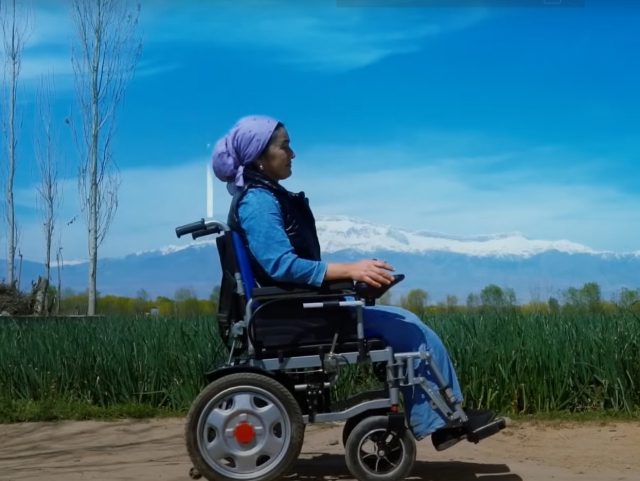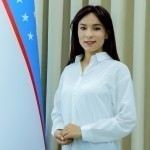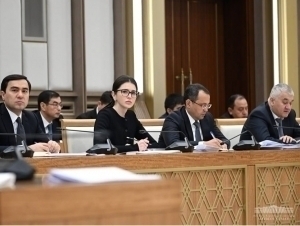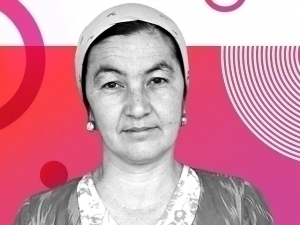Who is Dilorom Yuldasheva, the Uzbek woman who amazed the world?
Local
−
03 December 2024 30165 6 minutes
Recently, the BBC published its list of the 100 Most Powerful Women in the World for 2024. Among notable names like Nobel Peace Prize laureate Nadia Murad and actress Sharon Stone, a small entrepreneur from Uzbekistan, Dilorom Yuldasheva, also made the list. What propelled this ordinary woman, living in the Denov district of the Surkhandarya region, to such recognition? Her inclusion, despite not being globally renowned or achieving major breakthroughs in science or art, stems from her extraordinary resilience and inspiring story. These qualities are captured in the film "Matonat" (Courage), produced by the Ministry of Justice, which drew the attention of QALAMPIR.UZ.
“I don’t want women to walk in the fields”
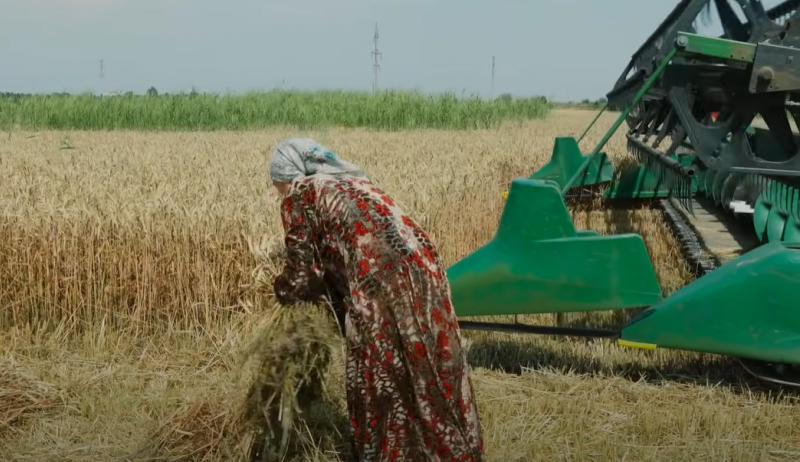
Dilorom Yuldasheva’s life took a dramatic turn when both her legs were severed by a combine harvester in the field. Rushing to bring water and lunch to her children during the autumn harvest, she tried to ensure the harvester didn’t stand idle by throwing straw into its path. Tragically, her long dress became entangled in the machine’s blades. Her story reflects the harsh realities faced by rural Uzbek women, who shoulder arduous fieldwork alongside household chores and raising children.
In her account, Dilorom recounts the struggles of another woman, her sister-in-law, and shares how, even after her life-altering operation, she took on the responsibilities of two families. Rising daily at 4:30 a.m., she worked tirelessly despite her physical challenges.
Dilorom’s story is also one of hope and determination. She expresses her desire to see an end to the backbreaking labor endured by women in the fields, urging for opportunities that spare them from toiling under the blazing sun.
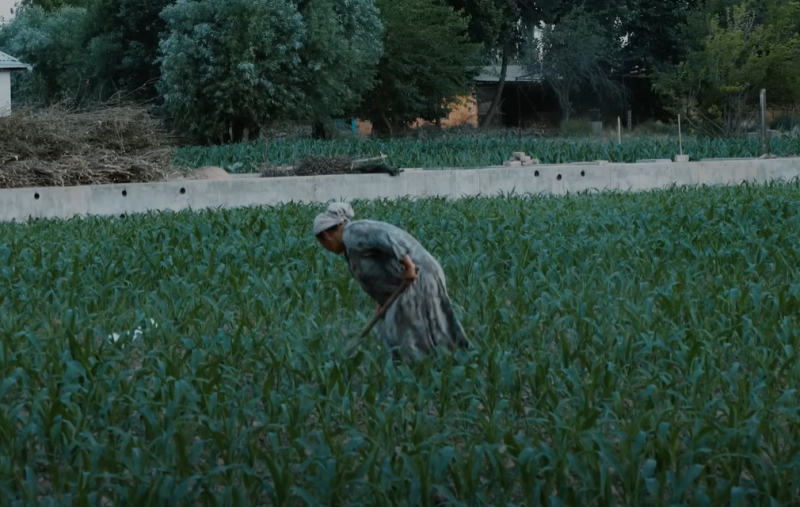
Dilorom emphasizes the importance of practical skills for women in rural areas, particularly sewing. "Even if the girls sew their own dresses, it’s helpful for rural conditions. Sewing is the most essential skill for girls here. If they know how to sew, they won’t face difficulties in life. Even sewing for others can provide them with income to visit their mother’s house," she says.
Disability and hypocrisy
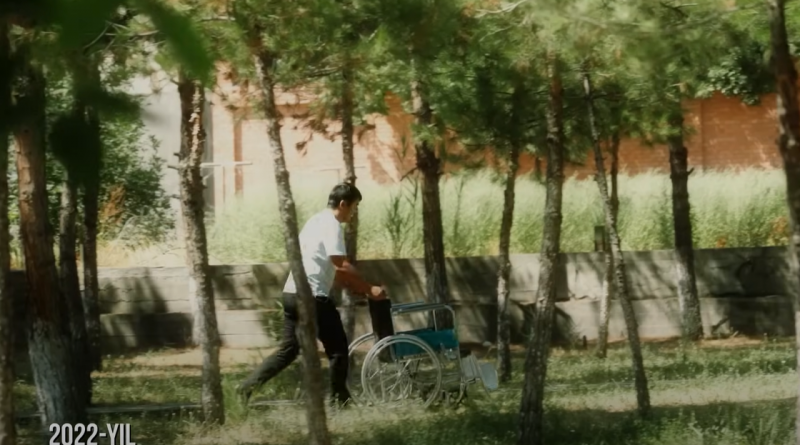
Sister Dilorom, who worked tirelessly all her life without relying on others, lost both her legs and became dependent on outside help. Her family couldn’t afford to buy her a wheelchair, so local officials provided one. She was photographed repeatedly with it, an act meant to showcase support.
“It’s like I have my own legs back,” she said, cherishing the brief sense of normalcy.
However, the wheelchair, presented as a gift, turned out to be borrowed from an elderly woman in another neighborhood. It was taken back after a week.
“If they had told me it was someone else’s wheelchair, I wouldn’t have accepted it. I wouldn’t have allowed myself to get used to it. When they took it away, I felt as if I had lost my legs all over again. It’s very difficult,” shared Sister Dilorom.
Officials continued visiting her, not to offer help but to take photos for formality. She grew accustomed to these hollow gestures and addressed their intentions directly:
“Most of the people who come to me are just taking pictures for the sake of formality. If you want to take pictures too, feel free to do so. I’ll keep taking pictures for the sake of formality,” she remarked with quiet resignation.
Woman who wanted to buy a prosthesis with her Hajj money
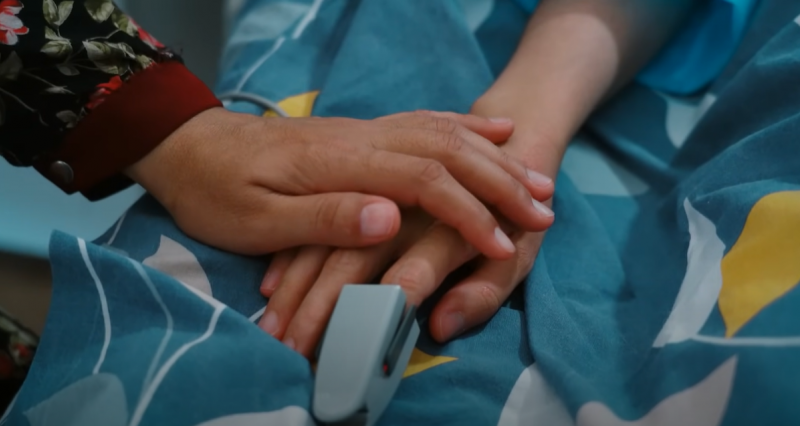
Unlike the officials who gave Dilorom a cart for makeup and then took it away, she had helpful and compassionate neighbors. In her story, she tells the story of Aunt Poshsha, who gave her money meant for Hajj to buy a prosthesis.
“After I went to get a prosthesis, Aunt Poshsha came to ask how I was. At home, Aunt Poshsha talked to her husband and wanted to give me the money she was saving for Hajj. Since the prosthesis is expensive, she said that if we give her the money we were saving, we can earn the reward of going to Hajj while we are still here. I cried and said, ‘I can’t take your money, you’ve been saving for so many years,’ and I didn’t accept her offer. We are not relative. We just live next door to each other in the neighborhood. After that, my relatives gathered the money,” she said.
Roads are muddy
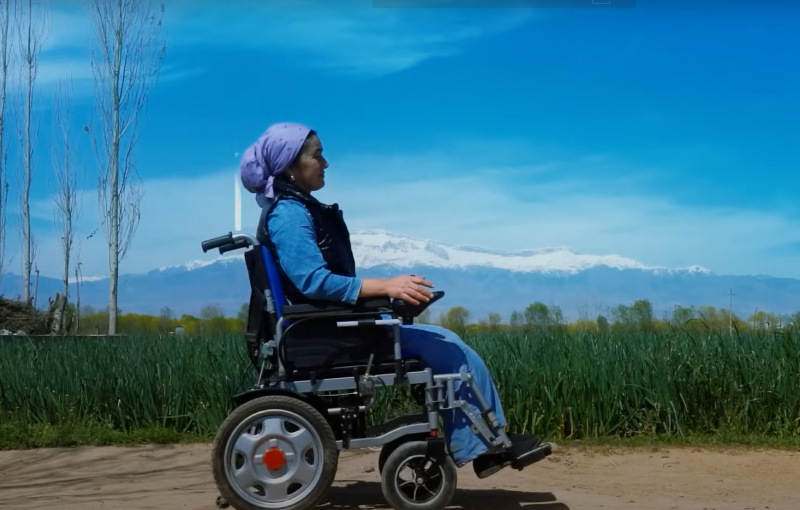
While telling her story, the woman describes the difficult conditions in her village. Cars do not reach the area where she lives because the roads are muddy. To get to the nearest car, she must walk 1.5 kilometers. On days when the roads are especially muddy, moving around in her wheelchair becomes an immense challenge.
Many people who commission her to sew dresses mention that their homes are far away. Once the clothes are finished, Sister Dilorom sends them to their owners with the help of her son, who delivers them by bicycle.
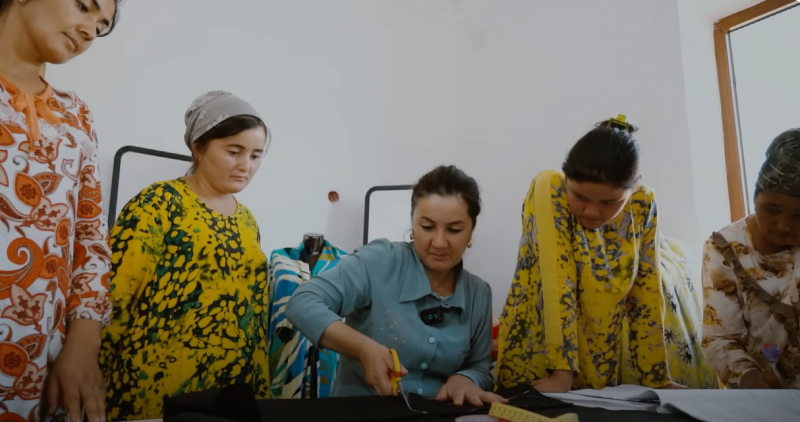
Raising a family and earning a livelihood in rural conditions is no easy task. To support her husband, Sister Dilorom turns to sewing. She begins making clothes for women in the village using an old sewing machine. Thanks to the support of community activists, she is eventually gifted a modern sewing machine.
“He should marry someone else”
When Sister Dilorom became disabled, she suggested to her husband that he marry another woman. She felt compelled to say this because she had lost her legs and could no longer fulfill her duties as a wife. However, her husband firmly refused and told her never to bring it up again.
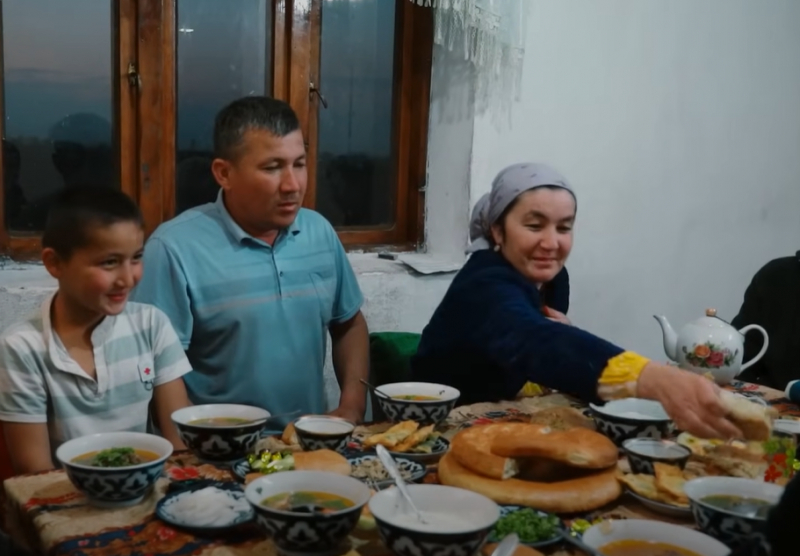
“She asked me to marry again. No, I did not accept this proposal. This cannot happen; this is not what a man does. After all, we have lived together for many years,” said Dilorom’s husband.
What does sister Dilorom need?
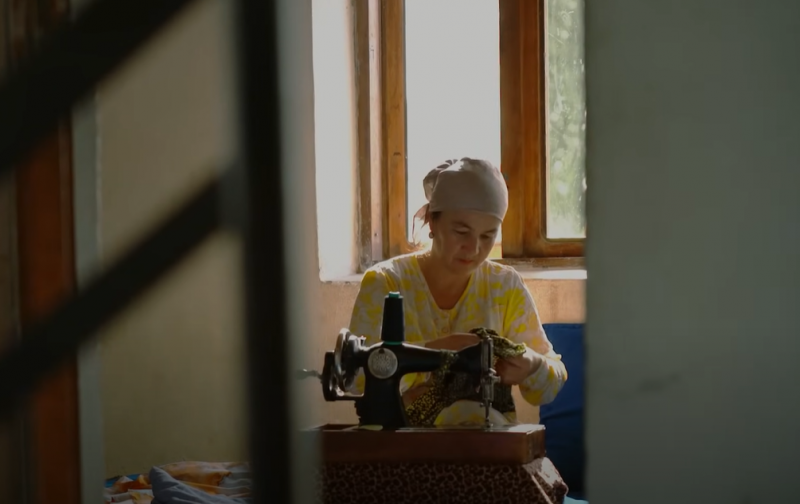
Sister Dilorom participated in President Shavkat Mirziyoyev’s online dialogue with entrepreneurs in August of this year. During the dialogue, the woman, who lost her legs due to hard labor in the fields and lives in a house without proper road access, expressed her gratitude for the opportunities and conditions created by the president.
Her female students once asked what she would request from the president if she met him in person. The woman, who endured immense hardship, responded with a simple yet profound wish: “peace.”
“I don’t ask the president for anything. I just thank him for keeping our country peaceful,” she said.
Live
All